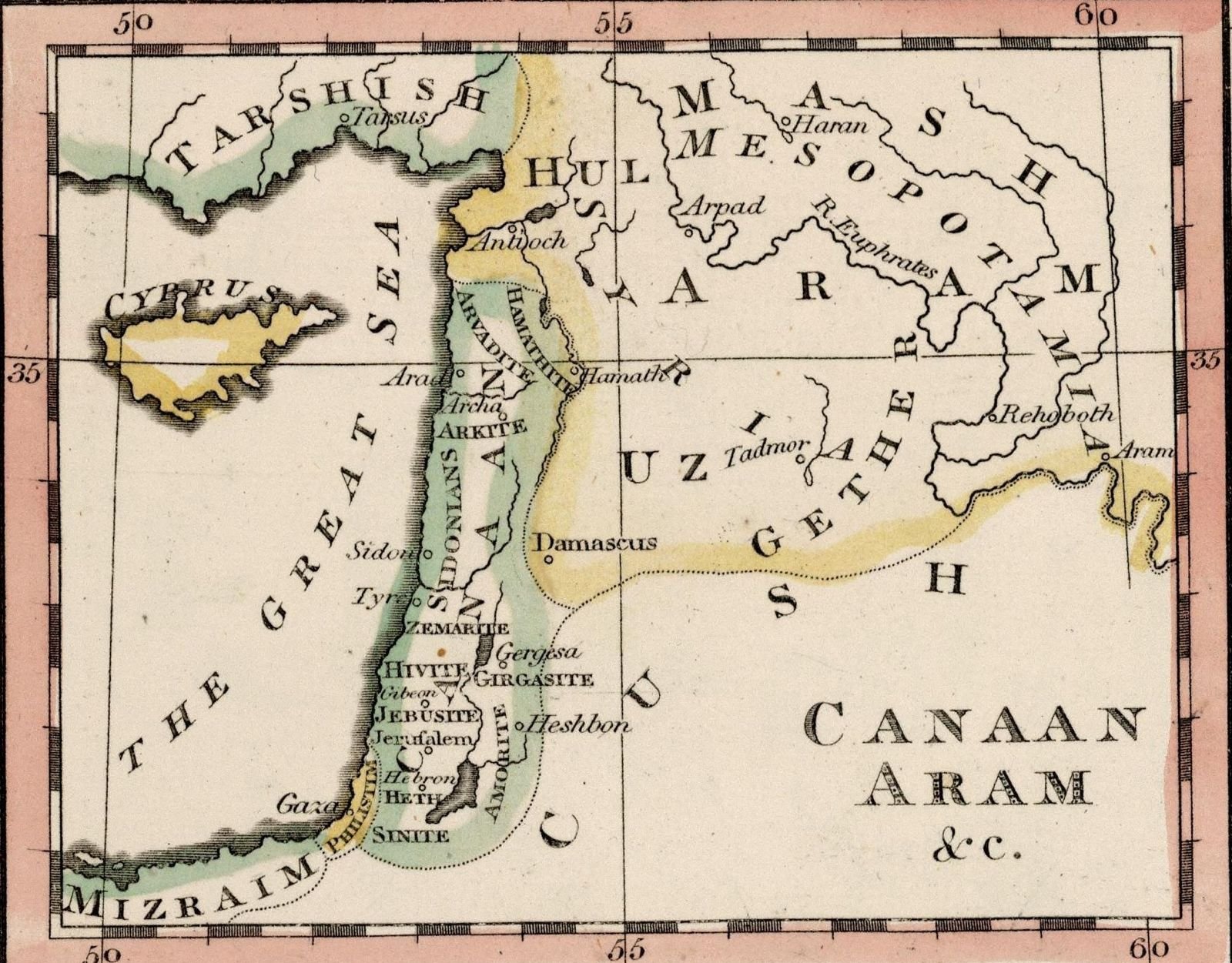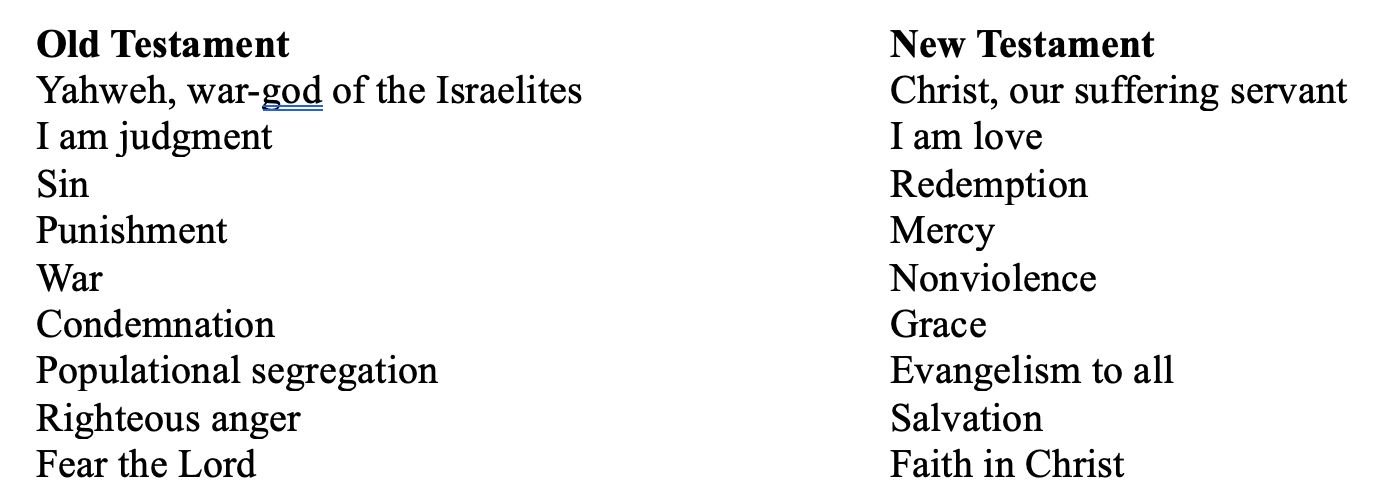Violence in the Old Testament
During the summer, our Wednesday night Bible study reviewed the Books of Joshua and Judges. There, we read stories of Israelites killing Canaanites. We read that God, through Joshua, ordered the Israelites to wage war on the Canaanites and depopulate the territory. There is much violence in Joshua and Judges, and throughout the Old Testament. For many, the juxtaposition between the violence in the Old Testament and Christ’s message in the New Testament can pose a stark contrast.
Much has been said on this topic and, it is, in fact, cited as a key argument against Christianity by atheists and non-believers. There are millions of views on YouTube videos with titles like, “Canaanite Genocide,” and “God Sanctioned Murder in the Old Testament.” As such, we, as believers, should address this issue as it is often cited as “Exhibit A” in the case against us.
So, how do we address this topic? The case against us is that there is an irreconcilable contradiction between God as presented in parts of the Old Testament, compared with Christ’s message in the New Testament:
Some may react to the above by saying you don’t necessarily see a contradiction in these characterizations; that both images of God may exist simultaneously. However, let’s look at the above from the perspective of a non-believer; and also consider that even Biblical Christians can feel discomfort with this contrast.
Some historical background is necessary to understand the situation in Canaan as the Israelites settled the area (and these are not necessarily pleasant subjects to discuss). Child sacrifice was practiced amongst the Canaanites; in fact, it was a prevalent component of the irreligious practice. There was ritualistic religious prostitution amongst the Canaanites, even with underage persons. Hallucinogens were used in Canaanite religious ceremonies, which promoted public lewdness as a means of receiving agricultural fertility. As bad as these practices were, one must realize how tempted the Israelites were to adopt aspects of paganism. Joshua and Judges are replete with examples of repeated apostasy by the Israelites; time and time again they veered towards Canaanite paganism. This was not just denying God’s law, but condoning pagan practices that engaged in human sacrifice and public debauchery. This background is important, because Israel’s true acceptance and worship of God was constantly being challenged by the practices of the peoples surrounding and amongst them. The Old Testament reveals repeated cyclical patterns of backsliding, apostasy, punishment and then salvation, only for the cycle to repeat itself again. It is indeed a profound testament to God’s grace that He restored the Israelites so many times.
That background is certainly helpful to understand, but we are still left with the juxtaposition of Christ’s message in the New Testament. Let’s consider two possible approaches to this issue. First, as Christians, we know that Christ is our salvation, our Savior and our Redeemer. At Eden, we were separated from God and thereafter could not be restored to His presence, as He intended, without Christ’s atonement for our sins. But let’s consider that there cannot be grace without something that requires the need for grace. Sin exists, and because it exists, punishment must also exist. As best we can conceive of God, we must also consider that in His infinite and holy nature, aspects exist within Him that will both render judgment and offer grace; that for mercy to exist, so must punishment.
Ecclesiastes speaks of a time to be born, to heal, to build up, to laugh, to dance, to love and to seek peace, and this is the second approach to consider, for something fundamentally changed in this world when Christ entered. This world is now different, praise be to God. We have been shown a Kingdom, and by taking up our own cross, loving God and others, and emulating Christ, we can, today, see glimpses of that Kingdom. Consider the profound difference now that Christ has entered the world. Christians have encountered violent debauched pagans throughout history. In the Roman Empire, it was common for pagan parents to abandon children born with birth defects. Christians adopted and raised these children, loving them as their own, spreading the gospel to these same pagan communities. Christian missionaries have continually encountered violent pagan societies, to which they responded with evangelism; never condoning the behavior but offering salvation through a vision of the Kingdom that Christ proclaimed.
In looking at what occurred with the Canaanites, can’t we see parallels with our own world today? What we see today is what was seen in the Old Testament: paganistic apostasy and all the social behaviors that come with it. To this, as Christians, we offer the good news, because God’s entry into the world through Christ means that things are now different. To a paganistic society we speak the truth in love (Eph. 4:15) and offer Christ’s mercy, love and grace.
In Christ,
Mort Taylor



